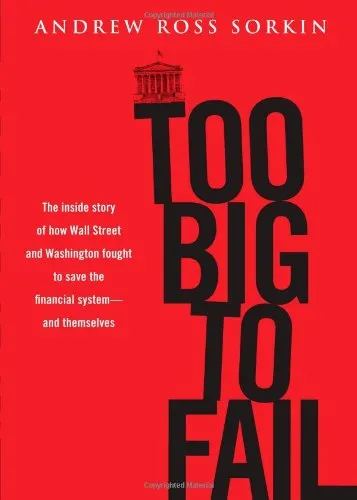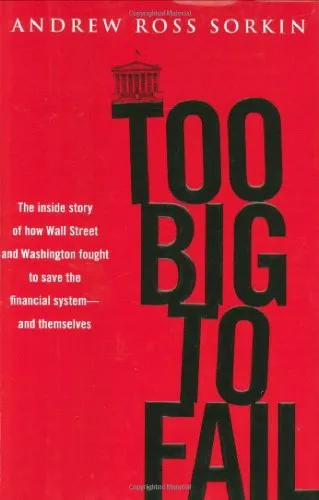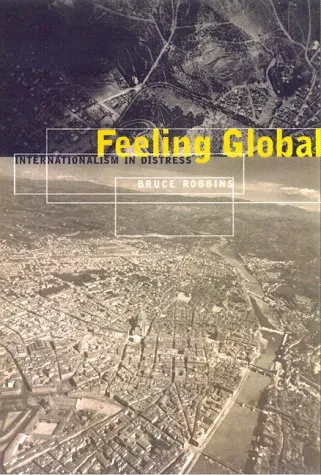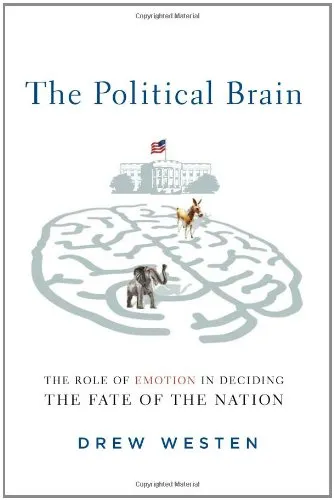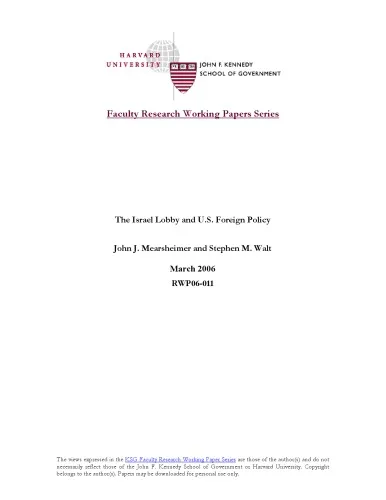Democracy against Capitalism: Renewing Historical Materialism
4.5
Reviews from our users

You Can Ask your questions from this book's AI after Login
Each download or ask from book AI costs 2 points. To earn more free points, please visit the Points Guide Page and complete some valuable actions.Related Refrences:
Introduction to "Democracy against Capitalism: Renewing Historical Materialism"
"Democracy against Capitalism: Renewing Historical Materialism" by Ellen Meiksins Wood is a groundbreaking contribution to the field of Marxist theory and political philosophy. Written with unparalleled intellectual depth, the book explores the dynamic relationship between democracy, capitalism, and the historical materialist tradition. Wood critiques the liberal-capitalist ideological framework while drawing attention to the roots of democracy within materialist and class-conscious struggles.
In this work, Wood reinvigorates Marxist thought by linking the historical trajectory of capitalism to the degradation of democratic ideals. Her sharp analysis questions the assumptions underlying liberal democracy, such as the detachment of politics from economics, and exposes how capitalism actively undermines genuine democratic participation. The book is not merely a critique but also a call to reimagine historical materialism as a robust analytical framework to combat contemporary political and economic crises.
Detailed Summary of the Book
"Democracy against Capitalism" is divided into several crucial arguments that trace the intersections of capitalism, democracy, and Marxist historiography. Wood begins by critiquing the revisionist tendencies in Marxist theory, highlighting how many debates of the twentieth century have diluted historical materialism, focusing instead on abstract debates or cultural interpretations. She stresses the need for a return to the classical Marxist method of grounding historical analysis in material social relations, particularly class struggle.
One of the central themes of the book is Wood’s contention that capitalism must not be understood simply as an economic phenomenon but as a systemic social order that transforms human practices, particularly by separating the political from the economic. She argues that this separation is at the heart of capitalism's ideological power, as it naturalizes economic inequalities while presenting the capitalist marketplace as a politically neutral sphere. Wood's analysis demonstrates how this separation undermines the possibility of genuine democracy by limiting popular control over economic and social life.
Wood also traces the historical emergence of capitalism, situating its origins in specific social relations rather than technological or cultural changes. She contrasts the capitalist mode of production with earlier forms of economy and governance, highlighting the radical transformation that capitalist social relations impose on democracy. Furthermore, the book advocates reclaiming democracy as an egalitarian and collective practice, grounded in social relations rather than market-driven mechanisms.
Wood concludes by suggesting that historical materialism remains uniquely equipped to uncover the contradictions of capitalism and enable political struggles aiming for democratic emancipation. By unpacking the ideological underpinnings of liberal democracy and capitalism, she presents a renewed vision of Marxism as a necessary tool for understanding and transforming modern society.
Key Takeaways
- The separation of the political and economic spheres is central to the ideological justification of capitalism.
- Democracy and capitalism are inherently contradictory, as the latter restricts collective decision-making and social equality.
- Historical materialism, rooted in class analysis, offers a powerful framework for understanding and resisting capitalist domination.
- The history of capitalism is not inevitable or universal but the product of specific social relations and class struggles.
- A reimagined version of democracy must emerge outside the confines of capitalist institutions, prioritizing collective and egalitarian governance.
Famous Quotes from the Book
"Democracy was born in the context of class struggle and is best understood not as a gift from enlightened elites but as a product of popular movements."
"Capitalism displaces political power from the public sphere into private hands while presenting this as the natural order of things."
"The defining characteristic of capitalism is not the mere existence of markets but the emergence of market imperatives as the dominant force shaping human life."
Why This Book Matters
"Democracy against Capitalism" matters because it challenges one of the core assumptions of modern political discourse: the compatibility of capitalism and democracy. In a time when global economic inequality is reaching unprecedented heights and democratic institutions are increasingly hollowed out, Wood’s incisive critique provides both a diagnosis and an alternative perspective rooted in Marxist thought. By pointing out that democracy, in its truest form, cannot coexist with the exploitative structures of capitalism, Wood raises critical questions about the future of social and political organization.
The book is essential reading for activists, scholars, and anyone concerned with the erosion of democratic principles under neoliberal capitalism. Wood’s commitment to rekindling historical materialism makes the book a potent theoretical tool for those seeking to understand and transform the world. It not only reaffirms the relevance of Marxist analysis but also inspires readers to imagine new possibilities for democratic empowerment beyond the confines of capitalism.
By combining rigorous scholarship with a passionate critique of power and inequalities, "Democracy against Capitalism" stands as a landmark text within the broader struggle for justice and freedom.
Free Direct Download
You Can Download this book after Login
Accessing books through legal platforms and public libraries not only supports the rights of authors and publishers but also contributes to the sustainability of reading culture. Before downloading, please take a moment to consider these options.
Find this book on other platforms:
WorldCat helps you find books in libraries worldwide.
See ratings, reviews, and discussions on Goodreads.
Find and buy rare or used books on AbeBooks.
1527
بازدید4.5
امتیاز0
نظر98%
رضایتReviews:
4.5
Based on 0 users review
Questions & Answers
Ask questions about this book or help others by answering
No questions yet. Be the first to ask!

